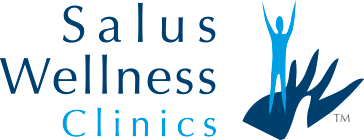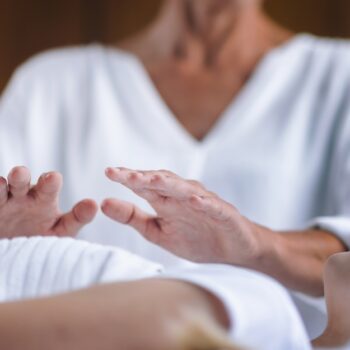Reiki 霊気 is a Japanese technique for relaxation, stress reduction, and healing, with its origins tracing back to the early 20th century.
Reiki promotes relaxation, stress reduction, and symptom relief to improve overall health and well-being. It can induce a meditative state, foster tissue and bone healing after injury or surgery, stimulate the body’s immune system, promote natural self-healing, relieve pain and tension, and support the well-being of individuals undergoing traditional medical treatments such as chemotherapy, radiation and surgery.
The term “Reiki” comes from the Japanese words “rei,” which means universal, and “ki,” which refers to life energy or vital force.
The practice was originally discovered and developed by Mikao Usui, a Japanese scholar who, though not a formal Buddhist monk, engaged in spiritual exploration and drew from various disciplines, including medicine and psychology.
After a period of intense meditation and spiritual quest on Mount Kurama in Kyoto, Japan,
Usui is credited with rediscovering Reiki. Legend has it that this quest involved a 21-day meditation period, during which Usui experienced a profound spiritual awakening and gained insights into the healing powers of Reiki.
His teachings spread throughout Japan and eventually reached the Western world. Reiki gained popularity as a complementary therapy for promoting overall well-being and supporting the body’s natural healing abilities.
A Japanese-Hawaiian lady named Hawayo Takata further developed and popularised Reiki in the Western world. While Takata’s efforts helped spread Reiki globally, it’s important to note that the original practice was also primarily kept within Japan.
During a Reiki session, a practitioner channels universal life energy through their hands to the recipient, aiming to balance and harmonize the body’s energy flow.
This gentle touch fosters relaxation, reduces stress, and supports physical, emotional, and spiritual healing.
Reiki is often described as a deeply soothing experience. Recipients commonly experience feelings of warmth, peace, and tranquillity during and after the session. It’s a noninvasive therapy that can be used alone or alongside conventional and complementary treatments.
Reiki sessions are typically conducted in a calm and serene environment, with recipients fully clothed.
The practice continues to be passed down through various Reiki lineages and is taught and practised by Reiki masters worldwide.
How can I make a booking?
Call Salus Wellness now for a free initial consultation at 01223 300 222.
Where is your Cambridge Reiki Clinic?
The clinic is based within Salus Wellness at Norman House Cambridge Place CB2 1NS, about a 10-minute walk from the Cambridge Train station.
Reiki is offered at Salus Wellness in Cambridge by the following practitioners:
Luminita Andreescu Thespina De Rosa Yumi Matsumoto
